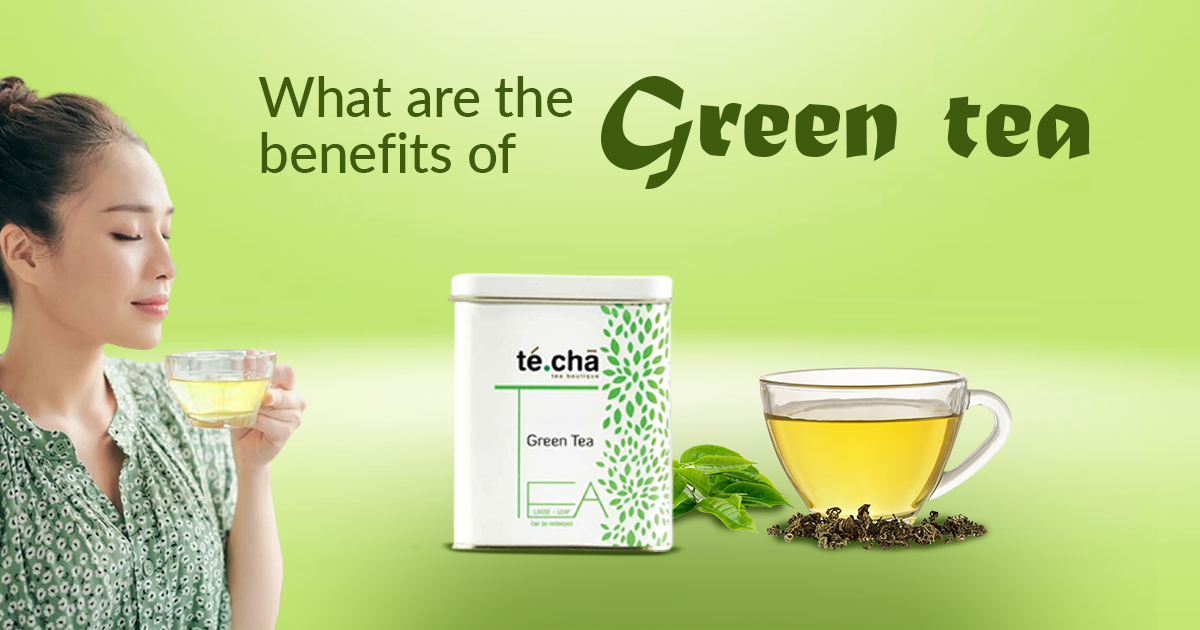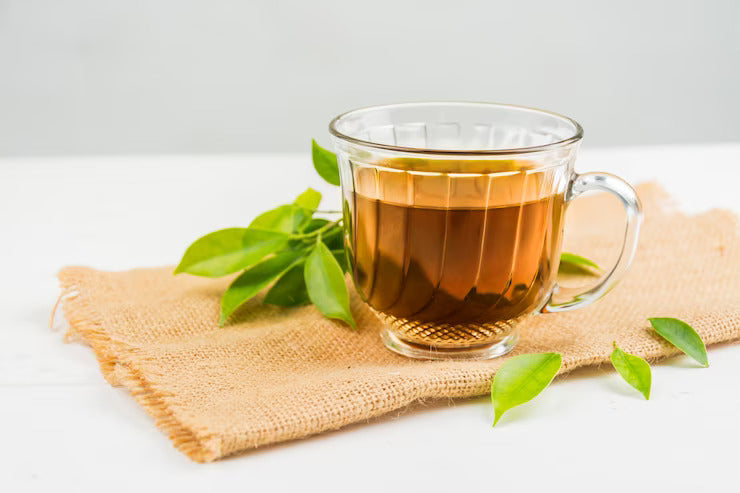Introduction
Oolong tea, often referred to as the "in-between" tea, sits beautifully at the crossroads between green tea and black tea. This unique and versatile tea has captivated tea enthusiasts in Asia and is gaining popularity in the Western world. With its wide range of flavor profiles and fascinating brewing techniques, oolong tea offers a delightful journey for those seeking to immerse themselves in tea culture and indulge in its health benefits. In this comprehensive guide, we will explore the origins, varieties, brewing methods, and numerous health advantages of oolong tea.
Unveiling the Secrets: What is Oolong Tea?
Oolong tea is a true tea derived from the leaves of the Camellia sinensis plant. Cultivated primarily in China and Taiwan, this tea is known as "wulong" in China, which translates to "black dragon" - a fitting name for a tea with such intriguing qualities. Oolong tea comes in various types, ranging from light to dark and green, each with its own complexities and aromas. Notable varieties include Milk Oolong and oolongs from the Fujian Province, such as Da Hong Pao, Bai Jiguan, and Tieguanyin.
The distinctive flavor profiles of oolong tea arise from its oxidation levels, which fall between those of green tea and black tea. While green tea undergoes no oxidation and black tea is fully oxidized, oolong tea experiences oxidation levels ranging from 10 to 80 percent. This partial oxidation gives oolong tea a unique balance of floral, fruity, nutty, and vegetal flavors, making each cup a delightful and distinct experience.
Exploring the Varied Types of Oolong Tea
Oolong teas exhibit a stunning array of colors, ranging from light gold to deep brown and orange, depending on their oxidation levels. Oolong tea's tastes can exhibit remarkable diversity, often characterized by fruity, nutty, and vegetal notes, accompanied by alluring floral fragrances. Let's explore the Most Popular Varieties:
- Bai Ho Oolong: This Taiwanese oolong offers clean and fruity flavors, making it a delightful choice for those seeking a refreshing and vibrant cup of tea.
- Da Hong Pao: Hailing from the highly oxidized Chinese oolong family, Da Hong Pao boasts an earthy and rich flavor profile that leaves a lasting impression.
- Tung Ting: Hailing from Taiwan, Tung Ting oolong is famed for its velvety, nutty flavor, rendering it a cherished choice among tea enthusiasts.
- Wuyi Oolong: Grown from some of the oldest tea plants in the world, Wuyi oolong is highly sought after. True Wuyi oolongs are quite expensive, but more affordable varieties from the same region offer a similar flavor experience.
With such a diverse range of oolong teas available, there is no one-size-fits-all brewing method. The oxidation levels and leaf shapes can affect the steeping time and brewing techniques. Let's delve into the art of brewing oolong tea, both in the traditional Asian method and the simpler Western approach.
Discover the Health Benefits of Oolong Tea
Beyond its delightful taste, oolong tea offers numerous health benefits due to its high concentration of antioxidants and nutrients. Let's discover why adding oolong tea to your daily routine can be a good idea:
- Cardiovascular Health: Oolong tea contains powerful antioxidants, such as EGCG (epigallocatechin), which have been shown to boost cardiovascular health and reduce the risk of heart disease. Frequent oolong tea intake has been connected to a reduced chance of heart problems and also reduced Type- 2 diabetes.
- Weight Management: Oolong tea has been found to aid in weight loss by increasing metabolism and fat oxidation. The combination of caffeine and catechins in oolong tea helps to boost the body's energy expenditure and fat-burning processes.
- Blood Sugar Regulation: Oolong tea can assist in controlling blood sugar levels, offering advantages for individuals with diabetes or those susceptible to the condition. The moderate caffeine content in oolong tea has demonstrated enhanced insulin sensitivity and a low chance of Type-2 diabetes.
- Bone Health: While oolong tea contains beneficial compounds, it may also inhibit the absorption of calcium and iron in the body.If you have a bone condition like osteoporosis, it's a good idea to talk to a healthcare professional before drinking oolong tea.
- Immune Boost: Oolong tea is rich in vitamins and minerals, including vitamin C, which supports overall immune health. Consistently drinking oolong tea can bolster the immune system, reducing the likelihood of catching common colds and flu.
It's important to note that pregnant or breastfeeding women should limit their oolong tea intake to no more than 2 cups per day due to its moderate caffeine content. Individuals with caffeine sensitivity should also exercise caution and consider avoiding oolong tea altogether. As always, it is wise to consult with a healthcare professional if you have any concerns or specific health conditions.
Embrace the Oolong Tea Experience
Oolong tea offers a truly immersive experience, allowing you to explore the rich history, cultural significance, and diverse flavor profiles of this remarkable tea. Whether you choose to engage in small pot brewing, following the ancient Asian traditions, or opt for the Western brewing method, each sip of oolong tea promises a journey of taste and discovery.
So, why not embark on your oolong tea adventure today? Discover the beauty of oolong tea as you savor its unique flavors, indulge in its health benefits, and embrace the centuries-old tea culture that surrounds it. Cheers to the exquisite world of oolong tea!




